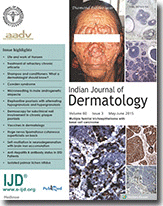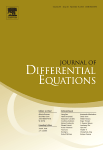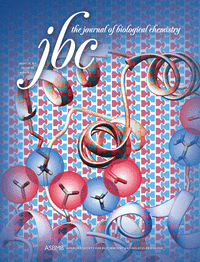 The Indian Journal of Dermatology has retracted a paper on the potential genetic markers of psoriasis that had already been retracted once for redundant publication.
The Indian Journal of Dermatology has retracted a paper on the potential genetic markers of psoriasis that had already been retracted once for redundant publication.
The journal is chalking it up to an “administrative error” that caused it to publish a paper that had already appeared in two other outlets.
According to one of the authors, the “most junior” author published the paper in 2008 in the The Egyptian Journal of Hospital Medicine “without informing other authors.”
When first author Ahmad Settin and the other authors sent it to the IJD in 2009, they were told its small sample size made it a letter to the editor; they decided to “decline submission” and send it to to Acta Dermatovenerologica Alpina, Pannonica et Adriatica, where it was published later that year. When Acta discovered the first version, it retracted the paper in 2013.
Meanwhile, editors at the IJD ended up posting the article, “Association of cytokine gene polymorphisms with psoriasis in cases from the Nile Delta of Egypt,” in 2011 without telling the authors. So they, too, now have to retract it:
Continue reading Skin study retracted twice in triple publication rub
 After we reported on a retraction for a 13-year old paper by Mohammed Aassila, a reader alerted us to two retractions and an editorial notice for the mathematician. Each of the notes is several years old.
After we reported on a retraction for a 13-year old paper by Mohammed Aassila, a reader alerted us to two retractions and an editorial notice for the mathematician. Each of the notes is several years old.

 Another retraction and a correction that retracts two figures — ie, a partial retraction — have been posted for
Another retraction and a correction that retracts two figures — ie, a partial retraction — have been posted for 



